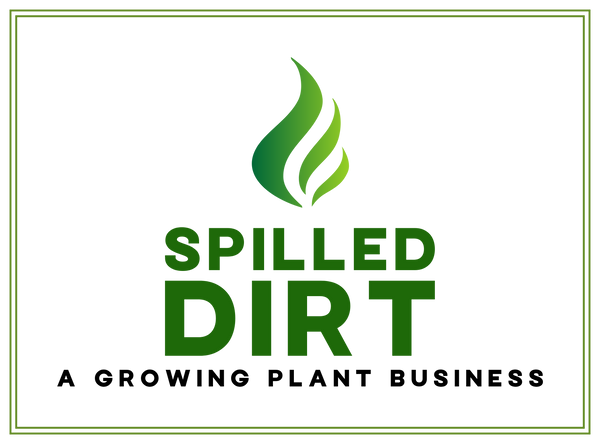Baltic Blue Pothos
Baltic Blue Pothos
Couldn't load pickup availability
Botanical Name: Epipremnum pinnatum 'Baltic Blue'Native Region/Environment: Southeast Asia, Papua New Guinea and Australia Sun/Light: Interestingly, Baltic Blue can tolerate a bit more light than other pothos but the more light exposure the greener the leaves, therefore the less blue hues. Bright indirect light for approximately 6 hours is good. If greening up too much, try moving it back from the light source a couple feet. Temperature: Houseplant with indoor temperatures above 55 degree. Outdoors, USDA Zones 11-12 Water: Baltic Blue prefers mostly consistently moist, but not wet soil. Under water rather than over water. Soil: Organically rich porous soil composition Growth Pattern: As with most pothos, Baltic Blue develops the attractive, deep fenestrations as the plant matures, but it develops those leaf cuts earlier than most pothos. This is a trailing vine that can be positioned to drape down from an elevated position, a hanging basket or on top of a bookcase for example, or trained to climb a moss pole or small trellis. Mature Size: Indoors: vines can grow 12' or more. Outdoors: the vines can climb over 30' or 40'. Attributes: Deep, deep dark green leaves on delicate trailing vines that develop a bluish cast and then the signature cut leaf fenestrations. Pot: 3.5" or 4" |
Fenestrations are a survival adaptation of the pinnatum species, developed by the densely growing climbing vines where holes and/or deep divisions occur in the leaves so as to permit filtered, dappled light to trickle through even to the lower leaves. This adaptation allows healthy leaf growth to occur over a much greater portion of the entire vine as opposed to just the on a crown tips.
All species of Epipremnum are known as good house companions as they filter harmful VOC's, like formaldehyde, benzene and others, from their environment.
This plant may have a degree of toxicity that may cause illness or discomfort if ingested. It is grown and sold for Ornamental purposes and not intended as a food nor fodder. Additionally, contact with the sap of this plant may cause irritation or discomfort.


